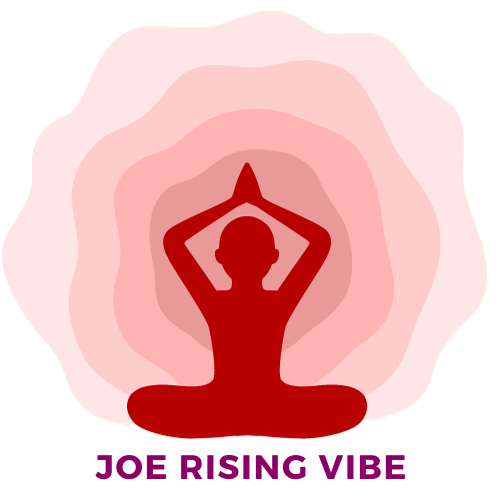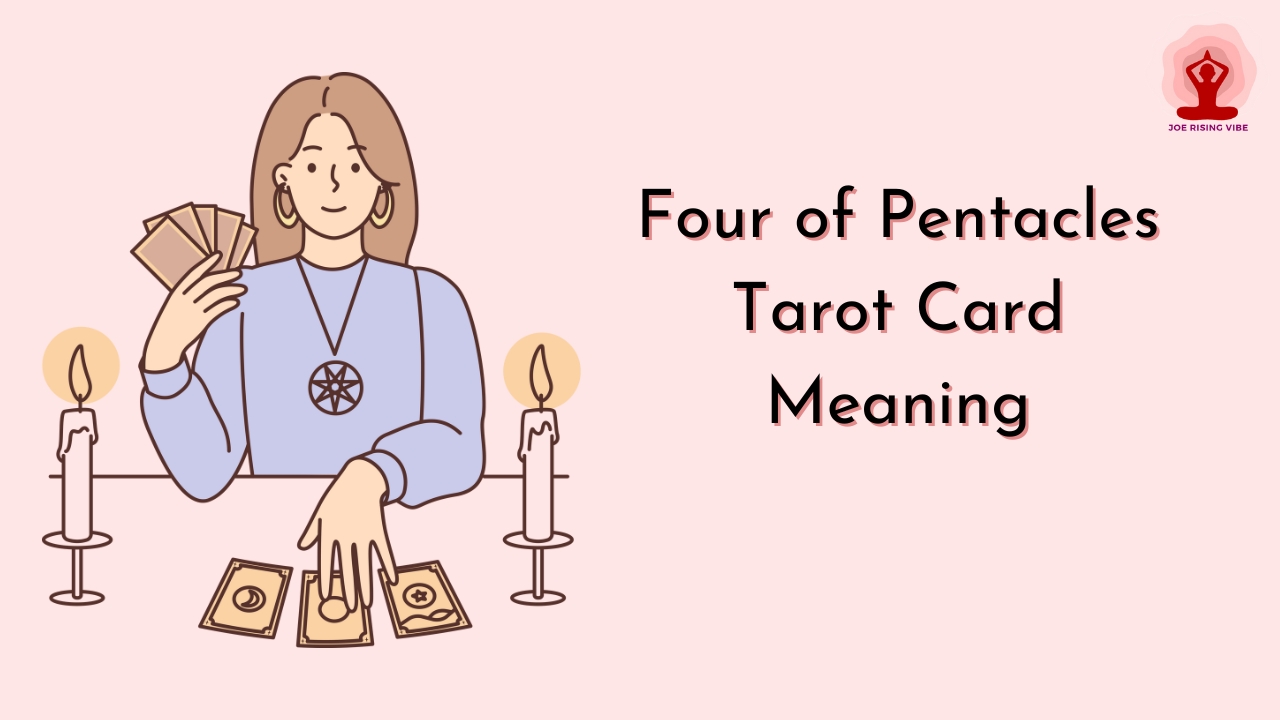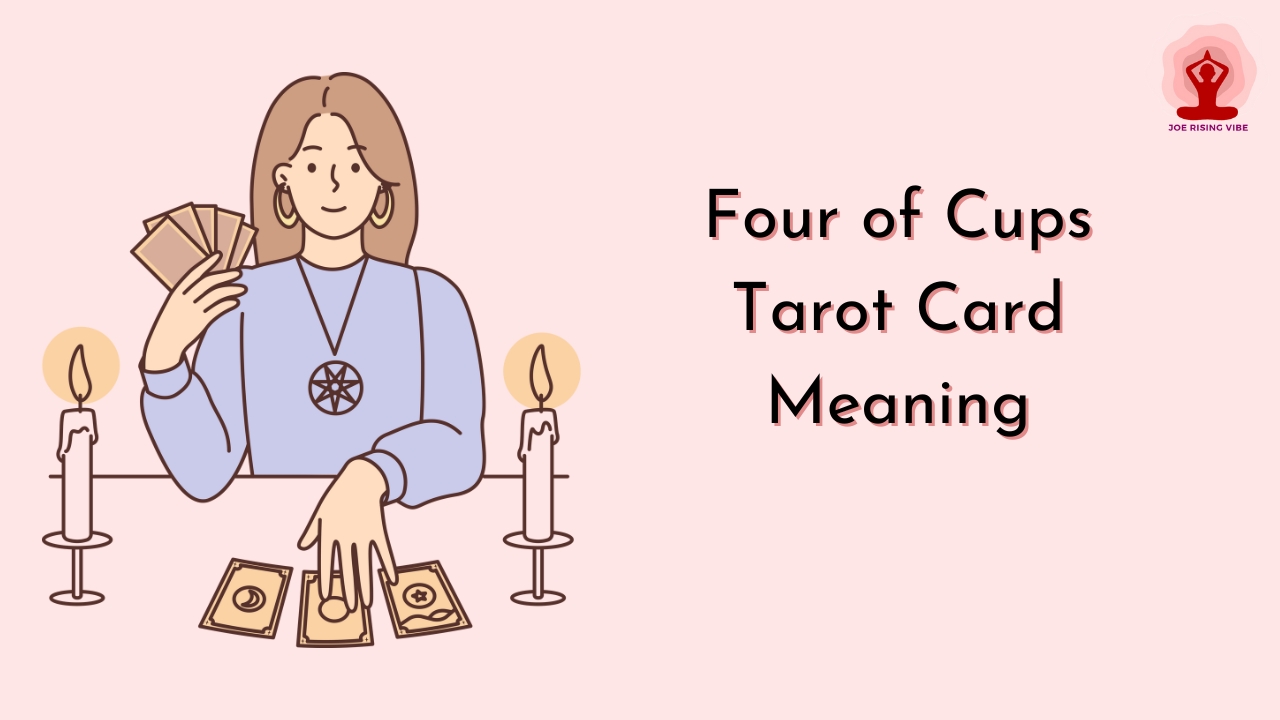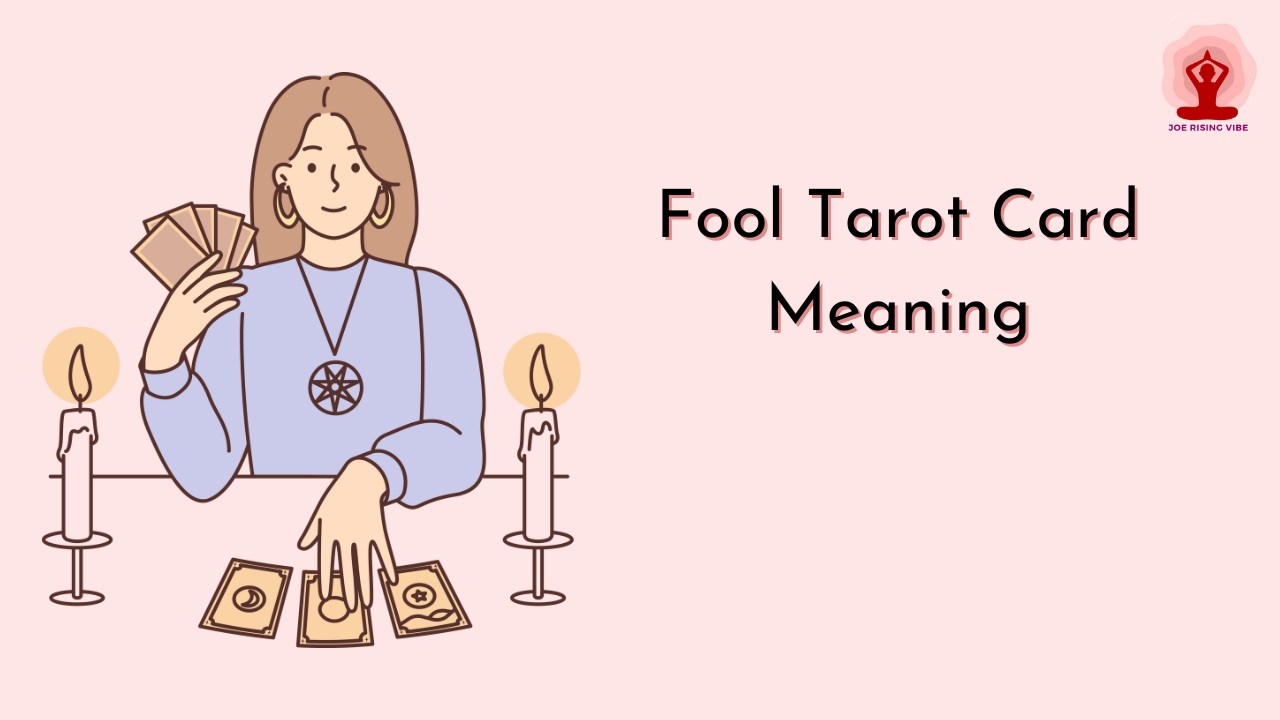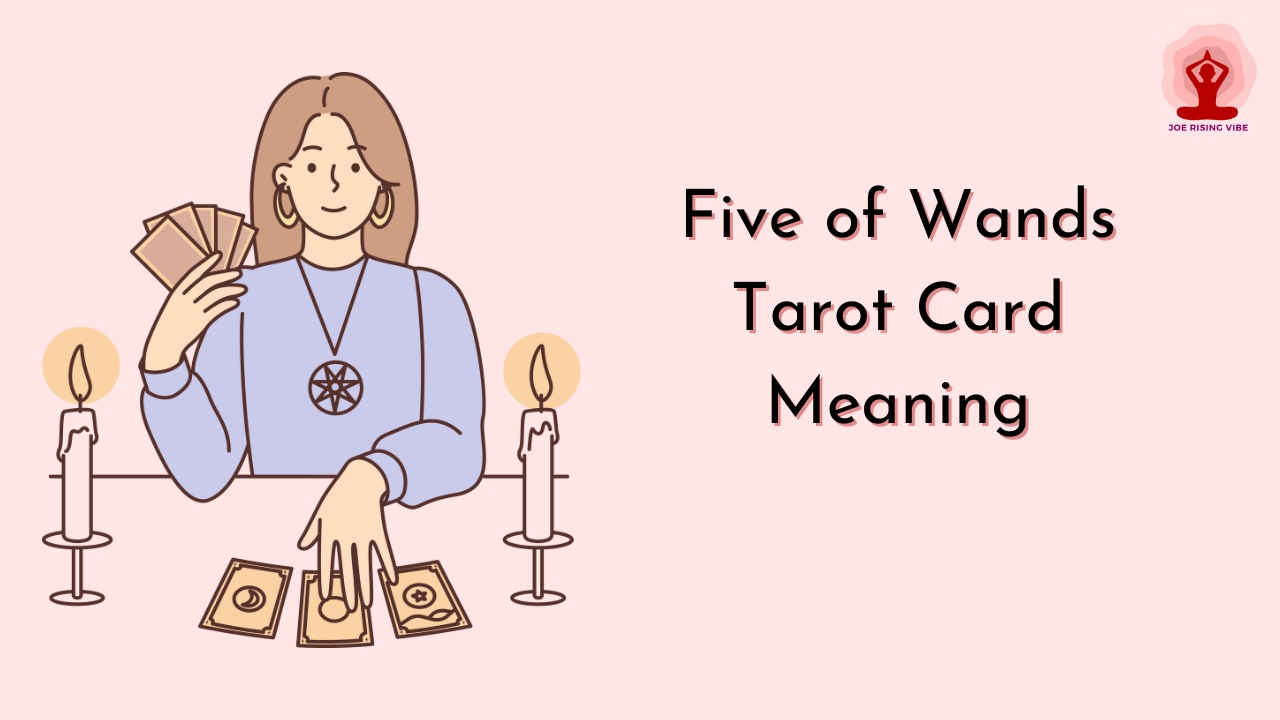Are there any negative experiences associated with the practice of Reiki? In this article, we will delve into the world of Reiki to explore the potential bad experiences that some individuals may encounter.
Understanding the Basics of Reiki Healing
Before delving into the potential negative experiences, it’s important to understand the basics of Reiki healing and its purpose in promoting relaxation and overall well-being.
Reiki is a practice that harnesses universal healing energy to facilitate healing on physical, emotional, and spiritual levels. It operates on the belief that every living being has a life force energy that flows through them, and when this energy is low or blocked, it can lead to physical or emotional imbalances.
During a Reiki session, a practitioner serves as a channel for this healing energy, allowing it to flow through their hands and into the recipient’s body. The recipient remains fully clothed and can either sit or lie down in a comfortable position.
The practitioner places their hands on or near the recipient’s body, focusing on areas where energy blockages may be present.
The healing energy then works to restore balance and harmony, promoting relaxation and supporting the body’s natural healing processes.
Reiki is often used as a complementary therapy alongside conventional medical treatments, helping to reduce stress, alleviate pain, and enhance overall well-being. It is a non-invasive and gentle practice that can be beneficial for people of all ages and conditions.
Many individuals report feeling a sense of deep relaxation, peace, and warmth during a Reiki session, while others may experience subtle or profound shifts in their energy levels or emotional state.
To further enhance the experience and promote healing, some Reiki practitioners may incorporate additional techniques or modalities during the session, such as aromatherapy, crystal healing, or sound therapy.
These complementary practices can complement and amplify the effects of Reiki, providing a more holistic and personalized healing experience.
Exploring Reports of Negative Energetic Experiences in Reiki
While Reiki is often regarded as a safe practice, there have been reports of individuals experiencing negative energetic encounters during their Reiki sessions. Some people believe that Reiki can open a channel to negative or dark energy, leading to unsettling experiences.
Others have reported feeling discomfort or unease as their body-mind balances itself during the session. It is important to note, however, that these negative experiences are not inherent to Reiki energy itself, but may be influenced by individual beliefs and experiences.
During a Reiki session, the practitioner’s energy and intention play a significant role. If a practitioner is using their own energy or incorporating another modality’s energy, it could contribute to the negative experiences some individuals have encountered.
This highlights the importance of finding a reputable and skilled practitioner who aligns with your personal beliefs and intentions for the session.
It is crucial to remember that Reiki energy itself is neutral and can only be used for the highest good. Any negative experiences that occur are subjective and depend on the recipient’s intentions and desires.
If a person does not wish to receive Reiki energy or is not open to the process, they have the power to decline or redirect the energy.
Open communication between the practitioner and the recipient is key to addressing any concerns or potential negative experiences during the session.
In conclusion, while there have been reports of negative energetic experiences in Reiki, it is essential to recognize that Reiki energy is inherently neutral and can only be used for positive purposes.
The potential for negative experiences is subjective and depends on the individual’s beliefs, experiences, and the energy and intention of the practitioner.
By approaching Reiki with an open mind, clear communication, and a trusted practitioner, individuals can experience the true benefits of the practice and promote their personal well-being.
Bodymind Balancing and Potential Negative Experiences
One potential explanation for negative experiences in Reiki is the bodymind’s natural balancing process, which can sometimes manifest as temporary discomfort or unease.
During a Reiki session, the practitioner works with the recipient’s energy to promote healing and relaxation. This process can lead to energetic shifts and releases, which may initially cause a sense of uneasiness or even physical sensations such as tingling or warmth.
The bodymind, which encompasses the physical, mental, and emotional aspects of a person, has its own innate intelligence. When it receives Reiki energy, it may start to release stored emotions or energetic blockages.
This can sometimes result in temporary discomfort as the bodymind adjusts and rebalances itself. It’s important to remember that these experiences are part of the healing journey and should not be seen as inherently negative.
In some cases, negative experiences during Reiki sessions may be influenced by the practitioner’s energy or the use of other modalities. If the practitioner is not properly aligned and grounded, their energy may unintentionally affect the recipient’s experience. Similarly, if the practitioner incorporates other energetic modalities alongside Reiki, it could lead to a different energetic response for the recipient.
It’s crucial to choose a Reiki practitioner who is experienced, skilled, and knowledgeable in working with energy. Communication between the practitioner and recipient is key to address any concerns or discomfort that may arise during the session. By openly discussing and understanding the potential for temporary discomfort or unease, both parties can work together to create a safe and supportive environment for healing to occur.
| Potential Causes of Negative Experiences in Reiki | Potential Solutions |
|---|---|
| Bodymind balancing process | Recognize and allow the process to unfold, knowing that it is part of the healing journey |
| Practitioner’s energy | Choose a practitioner who is aligned, grounded, and experienced in working with energy |
| Use of other modalities | Seek a Reiki practitioner who primarily focuses on Reiki and communicates openly about any other modalities used |
Reiki is a practice that acknowledges the interconnectedness of the mind, body, and spirit. It is important to approach Reiki with an open mind and a willingness to learn from all experiences, both positive and potentially challenging. Remember that Reiki energy itself is neutral and can only be used for the highest good. The potential for negative experiences in Reiki is subjective and depends on an individual’s beliefs, experiences, and the overall context of the session.
The Role of the Practitioner in Reiki Sessions
The energy and intention of the Reiki practitioner can greatly influence the overall experience of a Reiki session, and this aspect deserves our attention when considering potential negative encounters.
The practitioner acts as a channel for universal healing energy, directing it to the recipient’s body and energy field. Their own energy and intention play a significant role in the healing process.
During a Reiki session, the practitioner’s energy should be clear, balanced, and filled with love and compassion. This creates a safe and nurturing environment for the recipient to receive the healing energy.
If a practitioner is carrying negative energy or personal issues, it can inadvertently be transferred to the recipient, possibly leading to negative experiences.
Additionally, some practitioners may incorporate other modalities or techniques into their Reiki practice. While this can be beneficial, it is essential for the practitioner to be transparent and communicate effectively with the recipient.
Different energies may have different effects on individuals, and being aware of any additional energy being used can help prevent any potential negative experiences.
The Importance of Clear Communication
Open and honest communication between the practitioner and the recipient is vital in ensuring a positive and safe Reiki session. Recipients should feel comfortable expressing any concerns or discomfort during the session.
Likewise, practitioners should actively listen to the recipient’s feedback and adjust their approach accordingly.
A skilled and intuitive practitioner will be able to sense the recipient’s energy and adjust their technique accordingly. This allows for a personalized and tailored session that takes into account the recipient’s unique needs and preferences.
By maintaining clear communication throughout the session, both parties can work together to promote a positive and enriching Reiki experience.
Remember, the energy and intention of the practitioner are crucial factors in a Reiki session.
By choosing a practitioner who embodies love, compassion, and integrity, and by openly communicating your needs and concerns, you can enhance the potential for a transformative and healing experience.
| Key Takeaways |
|---|
| The energy and intention of the Reiki practitioner greatly influence the overall experience of a Reiki session. |
| A practitioner with clear, balanced energy creates a safe and nurturing environment for healing. |
| Practitioners should communicate openly with recipients about any additional energy or techniques being used. |
| Clear communication between the practitioner and the recipient is essential for a positive and enriching Reiki experience. |
The Neutral Nature of Reiki Energy
It is important to understand that Reiki energy itself is neutral and inherently beneficial, as it can only be used for the highest good of the recipient. Reiki is a practice that taps into the universal healing energy to promote relaxation and healing.
While there have been reports of negative experiences in Reiki, it is crucial to recognize that any negativity associated with Reiki is not inherent to the energy itself, but rather influenced by individual beliefs and experiences.
Reiki energy is believed to flow through the practitioner’s hands and into the recipient’s body, promoting balance and harmony on physical, emotional, and spiritual levels.
The energy is considered to be intelligent, guiding itself to where it is needed most. It works in harmony with the recipient’s own energy, supporting their healing process and restoring vitality.
During a Reiki session, the recipient’s intentions and desires play a significant role in the experience. If someone has fears or doubts about Reiki or holds negative beliefs, it is possible that they may interpret their experience as negative.
However, it is essential to note that Reiki energy can only be used for the highest good and cannot cause harm. It is up to the recipient to consciously open themselves to receive the energy and allow it to work for their benefit.
In conclusion, the potential for negative experiences in Reiki is subjective and varies from person to person.
While there have been some reports of negative energetic experiences, it is important to remember that Reiki energy itself is neutral and can only be used for the highest good. It is crucial for individuals to approach Reiki with an open mind, set positive intentions, and communicate openly with their practitioner to address any concerns or potential negative experiences.
By embracing the neutral nature of Reiki energy, individuals can tap into its full potential for healing and personal growth.
Subjectivity in Reiki Experiences
Reiki experiences, both positive and negative, are highly subjective and can vary greatly depending on an individual’s beliefs, perspectives, and prior experiences. While some may have had profound healing and transformative experiences during Reiki sessions, others have reported negative energetic experiences.
It is important to remember that these experiences are unique to each individual and should be approached with an open mind and a willingness to explore different perspectives.
One possible explanation for negative experiences in Reiki is the bodymind balancing itself. Energetic shifts and releases during a session can sometimes lead to temporary discomfort or unease as the body and mind adjust to the changes.
This can be seen as a natural part of the healing process, similar to how physical therapy or deep tissue massage can sometimes cause soreness before releasing tension.
The role of the practitioner is also crucial in Reiki sessions. The energy and intention of the practitioner can influence the overall experience.
Some practitioners may inadvertently use their own energy or another modality’s energy, which may contribute to negative experiences for certain individuals.
It is essential to communicate openly with the practitioner and share any concerns or discomfort during the session to ensure a positive and beneficial experience.
| Key Takeaways: |
|---|
| Reiki experiences are highly subjective and can vary depending on an individual’s beliefs, perspectives, and prior experiences. |
| Negative experiences can sometimes be attributed to the bodymind balancing itself as it adjusts to energetic shifts and releases. |
| The practitioner’s energy and intention play a significant role in the overall experience, and open communication is crucial during Reiki sessions. |
In conclusion, the potential for negative experiences in Reiki should not deter individuals from exploring this healing modality. It is important to approach Reiki with an open mind and a willingness to learn from all experiences, whether they are positive or negative.
By acknowledging the subjective nature of these experiences and maintaining open communication with the practitioner, one can navigate the potential challenges and maximize the benefits of Reiki.
Intention and the Recipient’s Role in Reiki
The recipient’s intentions and desires play a pivotal role in receiving Reiki energy, allowing them to determine the nature and impact of their experience. When participating in a Reiki session, it is important to have a clear intention and communicate your desires to the practitioner.
This sets the stage for the energetic exchange and ensures that you are open to receiving the healing energy in a way that aligns with your needs and goals.
During a Reiki session, the practitioner acts as a conduit for universal healing energy, channeling it to the recipient. However, it is ultimately up to the recipient to accept or reject the energy.
If you have any reservations or concerns, it is essential to voice them prior to or during the session.
Open communication allows the practitioner to adjust their approach and ensure that the energy is flowing in a way that feels comfortable and beneficial to you.
Additionally, the recipient’s mindset and receptivity can influence the experience.
Approaching Reiki with an open mind and willingness to receive can enhance the healing effects of the energy.
Being present in the moment and setting positive intentions can create a harmonious environment for the energy to work its magic.
Achieving Balance
Reiki operates on the principle of restoring balance and harmony to the mind, body, and spirit. However, it is important to acknowledge that this process can sometimes bring up unresolved emotions or discomfort in the short term.
These experiences are not inherently negative, but rather a sign that the energy is working to release blockages and facilitate healing.
By approaching these temporary challenges with patience and trust in the healing process, you allow yourself to move towards a more balanced state.
It is essential to remember that the purpose of Reiki is to promote overall well-being and support your individual journey towards healing and self-discovery.
| The Role of Intention in Reiki | The Recipient’s Role in Reiki |
|---|---|
|
|
Balancing the Positive and Negative Experiences in Reiki
In the world of Reiki, it is crucial to recognize that both positive and negative experiences can offer valuable insights and contribute to personal growth and understanding.
While the emphasis is often placed on the positive aspects of Reiki healing, it is important not to dismiss or ignore the potential for negative experiences. These experiences, though uncomfortable, can provide valuable lessons and opportunities for self-reflection.
One way to approach the balance between positive and negative experiences in Reiki is to view them as two sides of the same coin. Just as we experience joy and happiness, we also encounter challenges and difficulties in life.
Similarly, Reiki can bring forth both pleasant and uncomfortable sensations as it works to restore balance and promote healing.
By acknowledging and embracing these contrasting experiences, we can gain a deeper understanding of ourselves and the healing process.
It is also essential to remember that energy is fluid and constantly changing. Just as the body goes through shifts and releases during a Reiki session, so too does the energy within us.
Sometimes, negative experiences can arise as a result of the bodymind balancing itself and releasing stored emotions or blockages.
These moments can be seen as opportunities for growth and healing, as they allow us to confront and release what no longer serves us.
| Tip: | When encountering a negative experience during a Reiki session, try to remain open and curious. Instead of resisting or suppressing the discomfort, allow yourself to explore the emotions and sensations that arise. This process of exploration and acceptance can lead to profound healing and transformation. |
|---|
Additionally, communication with the practitioner plays an important role in balancing the positive and negative experiences in Reiki. Openly sharing any concerns or discomfort with the practitioner can help address and alleviate any negative experiences.
Remember, the practitioner is there to support and guide you through your healing journey, and communication is key in creating a safe and comfortable space for both positive and negative experiences to be acknowledged.
In conclusion, embracing both the positive and negative experiences in Reiki can help us navigate the vast landscape of healing. By recognizing that these experiences hold valuable insights and lessons, we empower ourselves to grow and evolve on our healing journey.
As with any practice, balance is key, and the integration of both positive and negative experiences in Reiki can lead to profound personal transformation.
The Importance of Open Communication in Reiki Sessions
Open and honest communication between the practitioner and the recipient is essential in Reiki sessions, allowing any concerns or potential negative experiences to be addressed and resolved.
By actively engaging in dialogue, both parties can work together to create a safe and comfortable environment for the healing process.
During a Reiki session, it is crucial for the recipient to express their intentions, desires, and any apprehensions they may have.
This enables the practitioner to tailor the session to the individual’s specific needs and concerns. By openly discussing any negative experiences that may arise, both parties can gain a deeper understanding of the underlying causes and explore potential solutions.
The practitioner, on the other hand, plays a vital role in fostering an atmosphere of trust and support.
By actively listening to the recipient’s feedback and concerns, the practitioner can adjust their approach accordingly. They can also provide reassurance, guidance, and additional resources if necessary, ensuring a positive and transformative Reiki experience.
Creating a Safe Space for Expression and Healing
By promoting open communication, both the practitioner and the recipient contribute to creating a safe space for expression and healing. This allows for the exploration of any potential negative experiences in a non-judgmental and supportive environment. Through open dialogue, both parties can work together to identify any underlying issues, release them, and facilitate a more harmonious flow of energy.
“Effective communication is the key to unlocking the full potential of the Reiki healing experience.” – Reiki Practitioner
Whether it is discussing past traumas, physical or emotional discomfort during the session, or any other concerns that may arise, open communication empowers both the practitioner and the recipient to address these issues head-on. By acknowledging and working through negative experiences, individuals can further their personal growth and uncover the transformative power of Reiki.
| Benefits of Open Communication in Reiki Sessions: |
|---|
| 1. Enhances trust and rapport between the practitioner and the recipient. |
| 2. Allows for personalized and tailored sessions based on the recipient’s needs. |
| 3. Facilitates the identification and resolution of potential negative experiences. |
| 4. Creates a safe and supportive environment for emotional healing and release. |
Conclusion
Overall, approaching Reiki with an open mind and a willingness to learn from all experiences can lead to personal growth and a deeper understanding of this healing practice. The potential for negative experiences in Reiki is subjective and depends on the individual’s beliefs and experiences.
–In Darkness, I Seek You. In Light, I Follow You.
